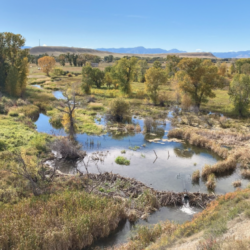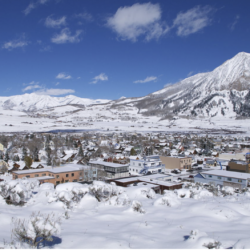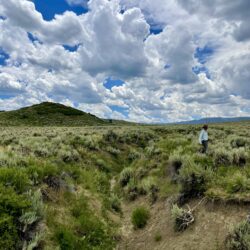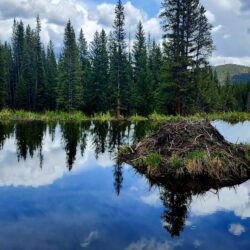Enhancing Public Transit in Crested Butte, Colorado—Kathleen Maeder
Crested Butte, a mountain town located high in the Colorado Rockies, prides itself as a community infused with creativity, authenticity, and a deep sense of connection to the Town’s unique history and character. Yet the Town is at a crossroads: to preserve the qualities that make Crested Butte so beloved, it must reduce its car Read more about Enhancing Public Transit in Crested Butte, Colorado—Kathleen Maeder[…]















